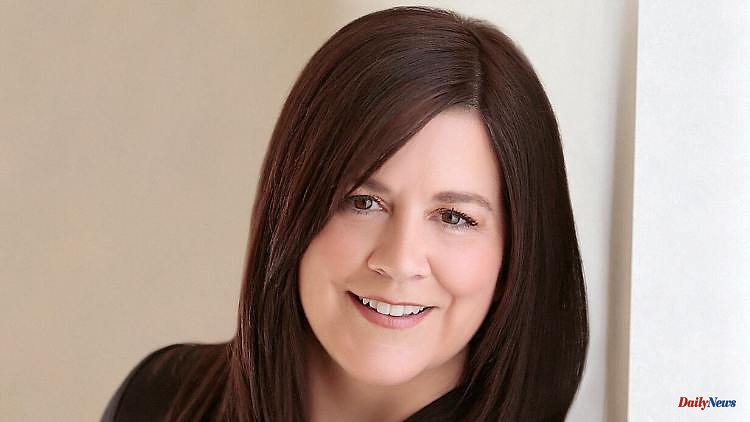Canada has been working on how to deal with the indigenous population for years. A milestone has now been reached: For the first time ever, a member of the "First Nations" has been appointed to the Supreme Court.
Canada has appointed a female representative to the Supreme Court for the first time. Michelle O'Bonsawin brings "invaluable knowledge and input" to the country's highest court, Prime Minister Justin Trudeau said. Her nomination was the result of an "open, impartial selection process". It is a first in a country seeking redress for the mistreatment of indigenous people. This has not yet happened in the neighboring USA either.
O'Bonsawin, an Abenaki from Odanak, Quebec, has been a member of the Ontario Supreme Court since 2017 and specializes in health and human rights issues. She will take up her new post later this month.
As a member of the First Nations ("First Nations"), she realized "that committed people are needed to give a strong voice to those who cannot speak for themselves," said the judge in an application form provided by the government has been published.
In recent years, Canada has tried to come to terms with a dark chapter in its past: between the late 19th century and the 1990s, the government sent around 150,000 indigenous children to boarding schools, most of which were run by the Catholic Church became. They were cut off from their families, their language and their culture. Many of them were physically and sexually abused.
Officially, more than 4,000 children died as a result of malnutrition, disease and neglect, and it is estimated that more than 6,000 may have died. A national commission of inquiry spoke of a "cultural genocide". The discovery of 1,300 anonymous graves last year had triggered a shock wave.
It is "high time the Court reserved a seat for an Indigenous judge" who "has direct knowledge of the impact of colonialism on Indigenous communities," said Murray Sinclair, former chair of the Truth and Reconciliation Commission, which served for six years dealt with the fate of the indigenous children in the boarding schools. Pope Francis traveled to Canada a few weeks ago to ask the country's indigenous people for forgiveness for their suffering.












